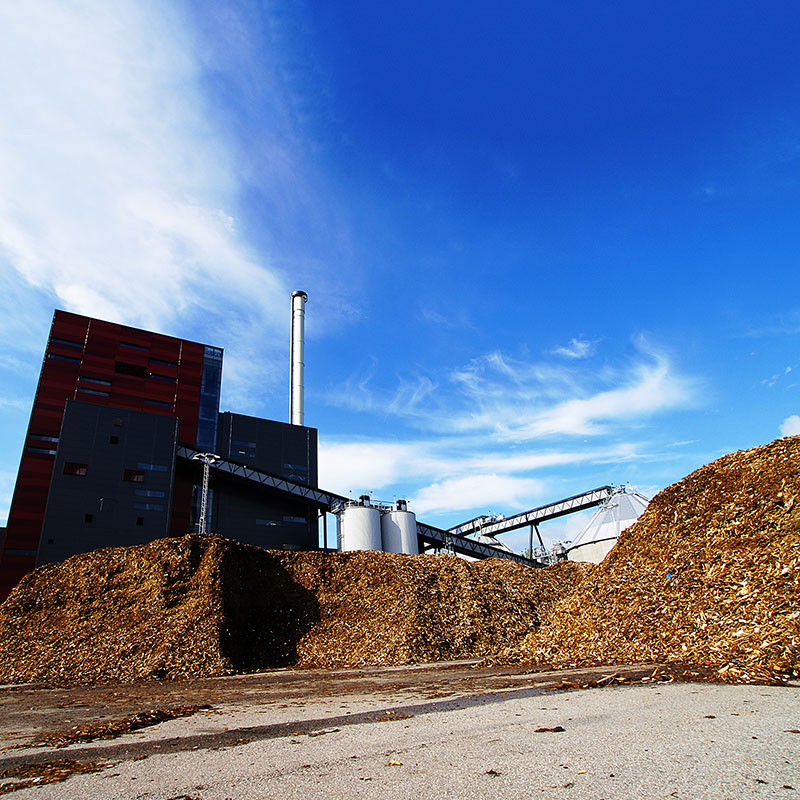Biomass

As biomass material defined that has a biological origin.
Included in this any material directly or indirectly derived from plant and animal world. More specifically, the term mean biomass plant and forestry products and residues (firewood, prunings, straw, sawdust, cake, fruit kernels, silage, vegetable oils, etc.), animal waste (manure, residues of animal holdings, useless catch), plants grown in energy plantations for use as an energy source, as well as municipal waste and residues in the food industry, the agricultural industry and the biodegradable fraction of municipal waste.
Biomass is mainly used to produce electricity and heat. In particular may be used to meet energy needs (electricity, heating, cooling, etc.) and even to produce liquid biofuels (bioethanol, biodiesel, etc.).
In Greece, a year available agricultural and forest residues equivalent energy by 3-4 million. Tons of oil, while the potential of energy crops may, under present circumstances, to overcome comfortably as agricultural and forest residues. This amount of energy corresponds to 30%-40% of the amount of oil consumed annually in our country. It is noted that 1 ton of biomass equivalent to about 0.4 tons of oil. However, as things stand, covered only about 3% of its energy needs through the use of available biomass.
The biomass in our country is mainly used for the production, in the traditional manner, heat in the residential sector (heating, cooking) in order to heat greenhouses, to mills for recycling and using more advanced technologies, industry ( ginning cotton production of timber products, lime, etc.), in limited, however, scale. As a raw material in these cases use of wood-products industry, olive kernel, pits of peaches and other fruits, almond shells, biomass forestry, grain straw, ginning residues, vegetable oils etc.
Nevertheless, the perspectives of biomass in our country is very favorable, as there is significant potential, much of which is directly available. At the same time, the energy that can be produced is cost competitive compared to that produced from conventional energy sources.
According to recent data, it is estimated that all readily available biomass in Greece consists of approximately 7.5 million tons of agricultural crop residues (cereal, maize, cotton, tobacco, sunflower, prunings, canes, pomace, etc.) and by 2,700,000 tons of forest logging residues (branches, bark, etc.).
The above amounts of biomass, the percentage of that obtained in the form of residues in the production of secondary products (cotton ginning, processing of agricultural products, livestock products processing plants, wood processing, etc.) are readily available, requires no special care collection, presents no transport problems and can feed directly various power systems. In this way the exploitation becomes necessary and economically advantageous.
